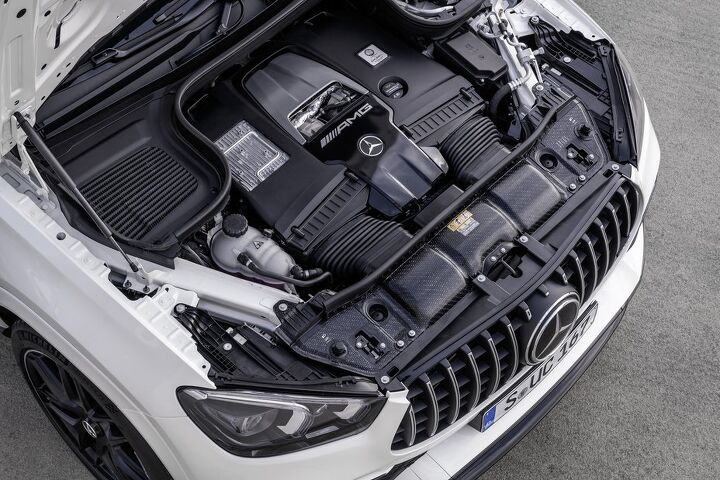#Euro7
Mercedes Confused Over Why It Ditched V8s for U.S. Market
While Mercedes-Benz has gradually been moving away from larger motors, it was still a shock to learn that the company would be removing the brunt of its V8-powered lineup in the United States for the 2022 model year. Higher-end vehicles typically come with broader profit margins and Americans tend to like V8s, so it was strange to see the brand tailoring its product at the last minute. Less surprising, however, was watching the entire automotive community speculate on the reasons why.
As your author is constantly suspect of regulations, it was my assumption that emissions compliance was the main culprit. But one would assume European rules would have put the kibosh on V8s in the home market long before cars were neutered in North America. Mercedes likewise suggested this was not the case, alluding to supply chain issues that have been hampering the industry since the start of 2020 while it promised to fix the problem as soon as possible. Then, Daimler executives started giving different answers and hit the reset button on the global supposition surrounding the discontinued engines.
















Recent Comments